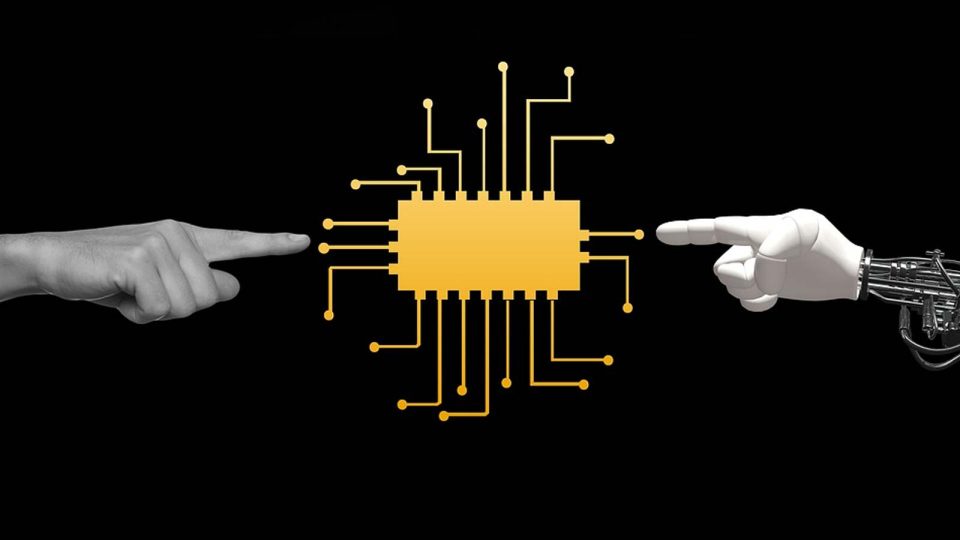The convergence of human capabilities and machine functionalities rapidly evolves, presenting a dynamic landscape of opportunities within the tech industry. Artificial intelligence, in particular, has become a game-changer, reshaping system architectures from edge devices to extensive cloud servers.

In this evolving scenario, hardware flexibility has emerged as a critical factor in adapting to the fluctuating applicability of AI across diverse workloads. This dynamic interplay is especially pronounced in the Internet of Things (IoT) landscape.
Navigating the IoT landscape entails addressing sensing, processing, and connectivity challenges. Issues like vendor fragmentation, distinctions between custom and general-purpose silicon, software compatibility, and investment strategies have contributed to uneven growth. Despite these challenges, the market outlook remains promising.
Gartner Research forecasts a robust 11.8% CAGR in semiconductor potential for IoT endpoints, which is projected to reach $269.7 billion in revenue by 2027. This potential is compelling for semiconductor companies.
However, acknowledging the demands of AI disruption is crucial. Establishing implementation guidelines, best practices, and solution blueprints is imperative to build a future-ready IoT platform aligning with the evolving market needs.
Synaptics offers a comprehensive Board Support Package (BSP) compatible with Linux, Android, and leading real-time operating systems (RTOS), ensuring a unified and consistent cross-portfolio experience. This open framework, rooted in firmware-OS interfaces, security standards, and workload acceleration, supports tailored application profiles, empowering users with familiar development environments for optimized evaluation and decision-making cycles.
Astra by Synaptics delivers precisely sized wireless connectivity and compute pairings for IoT solutions, integrating Wi-Fi, Bluetooth BLE, 802.15.4, and GPS/GNSS functionalities. These capabilities are bolstered by Linux and RTOS software frameworks, embracing protocols such as Matter, a smart home interoperability initiative.
The strength of Synaptics lies in its expansive partner ecosystem, enabling customers to harness their multi-generational expertise. Synaptics cultivates market-ready systems and solution stacks by collaborating with industry-leading partners—including ODMs, ISVs, service providers, and system integrators. From enterprise and consumer-focused single-board computers to IoT platforms like streamers, tablets, displays, and interactive A/V conferencing systems for education and commerce, Synaptics SoCs drive diverse IoT platforms forward.


